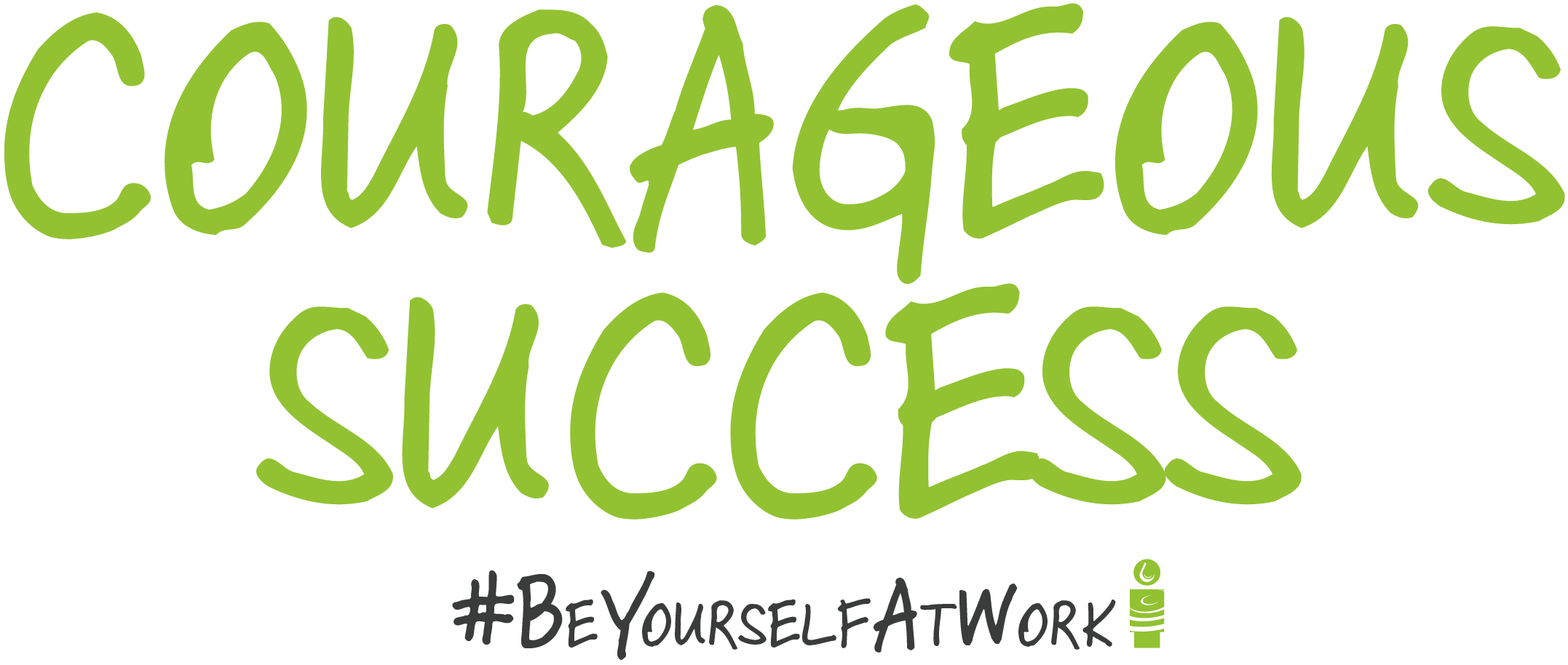Researchers estimate that extroverts make up 50 – 74 percent of the population. The other 16 – 50 percent of the population consists of introverts. Psychology Today
This week Management Today profiled a successful entrepreneur and her reading list of useful books. From the article: “After a 10-year legal career, Natasha Pilbrow cofounded on-demand beauty platform LeSalon in 2015. Now COO and a self-confessed introvert, she says that reading has helped her find a better work life balance, come to terms with the fact that the highs can be as common as the lows in business and realise that leadership isn’t about shouting. ”
The article included some really good books, some of which we have included in previous blogs, however it was titled: ‘A reading list for introverted leaders’. So, any of you who don’t identify yourself with the term introvert – this article wasn’t for you. A good example of unhelpful labelling and categorising!
Let’s ditch these labels!
The terms introvert and extrovert were devised by Carl Jung in the 20’s, as reported in Psychology Today “Jung himself conceded, there is, finally, a third group, and here it is hard to say whether the motivation comes chiefly from within or without….In Psychological Types, Jung wrote that this third group is “the most numerous and includes the less differentiated normal man.” In other words, Jung believed that introverts and extroverts are minorities.’’.
Research now increasingly identifies this third group as “‘ambiverts’—people with balanced, nuanced personalities composed of both introverted and extroverted traits.’’
Yes! We are not a colour, a collection of letters, or a category, we are all more unique than that!
The danger of being labelled is that we can live to that label and build beliefs that support it. Psychology Today highlights an Australian study, which reveals living to a label, in practise: “You believe you’re a certain way; that’s just how you are. It’s the story you tell yourself about you…a person who conceptualises themselves as introverted may have difficulty recognising or remembering their own extroverted behaviour, or they may avoid potentially stressful social situations and come to live in an increasingly insular world.”
Living to a label we’ve been given leads us to conform, and it stops us being authentic and real. None of us have labels written on our hearts.
There are 7.5 billion people on the planet, and we are all different. We all have our unique set of values – our iAM Values – that drive our behaviour, give us purpose, motivate us, and impacts on how we feel in certain situations. We expect the world to reflect our values back to us. When we know our values, we have deep self-awareness and understanding of our relationship with the world around us. Research this year has shown that self-awareness can help leaders more than an MBA can!!!!
People subconsciously relate to authenticity. Being yourself is the best way to build relationships. “Employees who are able to bring their whole selves to work are 42% less likely to say they intend to leave their job within a year.’’ HBR 2017
Courageous Success clients rate their ability to use their natural authenticity and strengths to maximise their performance as 88% – as a result of iAM – they truly understand themselves at heart, and report the positive impact on their leadership as 85%.
In practice this means being real: not conforming to an ideal, not being self-conscious and bringing the real you into work.
What would #BeYourselfAtWork look like for you and your team?
#BeYourselfAtWork Global Study
Later this year, we are launching the first global study into being yourself at work. We’d love you to join us. If you want to partner with us as a business, you’ll receive your own study stats for free. If you want to know what drives resilience, realness and will unlock #beyourselfatwork in the colleagues in your business, get in quick, as we can only partner with a few. Email me at lizvillani@courageoussuccess.com ASAP for more information.
